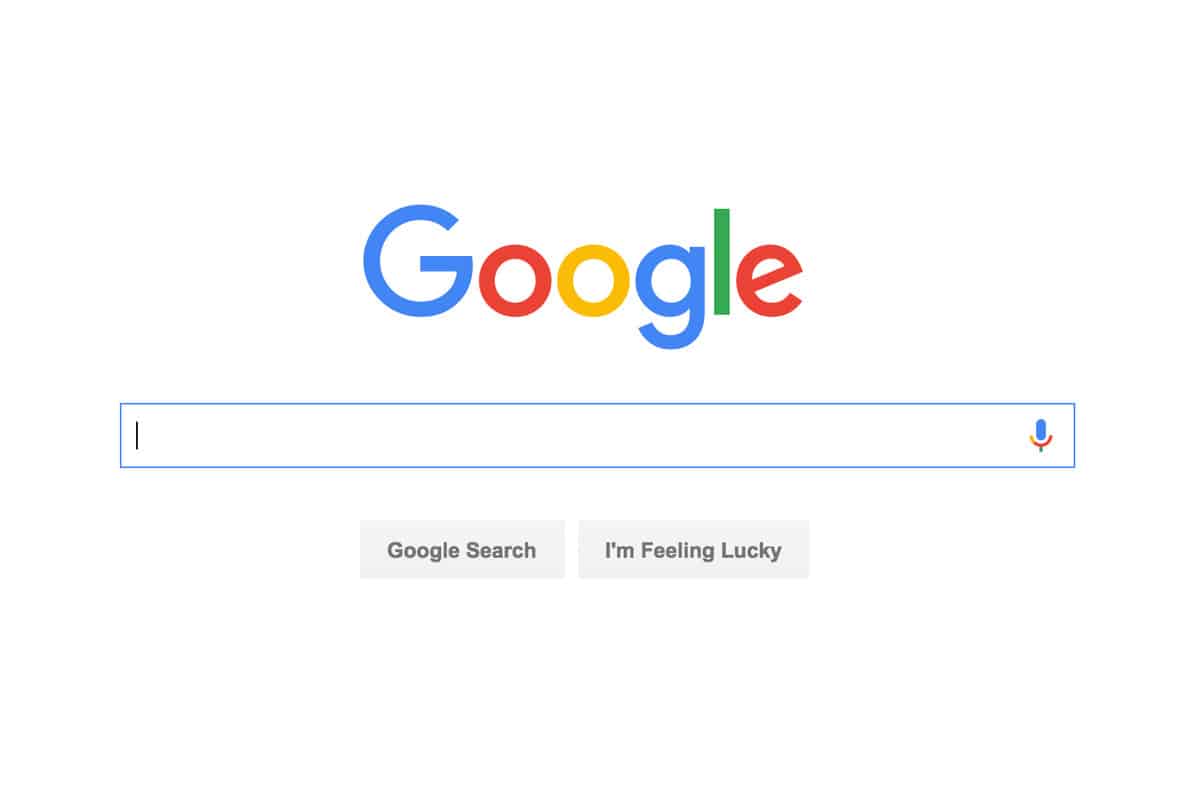Domestic Abuse
Domestic Abuse
Free Training:
- Domestic Abuse Basic Awareness
- LGBTQ+ Community and Domestic Abuse Awareness
- Multi Agency Risk Assessment Conference (MARAC) Awareness
- Domestic Abuse and Substance Misuse
Keeping yourself safe – hiding your tracks online
Warning: there is no way to completely cover your movements online. The only way to be sure is to use a completely different computer, either at a local library, internet cafe, at a friend’s house or at work.
What is domestic abuse?
Domestic abuse is very common, with one in four women experiencing it in their lifetime and around one in nine women experiencing it annually. Although less than half of all incidents are ever reported to the Police, a call about domestic abuse is received by the Police throughout the UK at a rate of one a minute.
The cross-government definition of domestic violence and abuse is;
any incident or pattern of incidents of controlling, coercive, threatening behaviour, violence or abuse between those aged 16 or over who are, or have been, intimate partners or family members regardless of gender or sexuality. The abuse can encompass, but is not limited to;
- psychological
- physical
- sexual
- financial
- emotional
Women are most often the victims of domestic abuse but men can also be victims. Domestic abuse happens in straight, gay and transgender relationships between people of all cultures, religions, nationalities and financial backgrounds.
Some people are especially vulnerable due to an existing disability or illness whilst others become more vulnerable as their health – both mental and physical – deteriorates as a result of the abuse.
Controlling behaviour
Controlling behaviour is a range of acts designed to make a person subordinate and/or dependent by isolating them from sources of support, exploiting their resources and capacities for personal gain, depriving them of the means needed for independence, resistance and escape and regulating their everyday behaviour.
Coercive behaviour
Coercive behaviour is an act or a pattern of acts of assault, threats, humiliation and intimidation or other abuse that is used to harm, punish or frighten their victim.
Forced marriage
A forced marriage is where one or both people do not (or in cases of people with learning disabilities, cannot) consent to the marriage and pressure or abuse is used. It is appalling and indefensible practice and is recognised in the UK as a form of violence against woman and men, domestic/child abuse and is serious abuse of human rights.
The pressure put on people to marry against their will can be physical (including threats, actual physical violence and sexual violence) or emotional and psychological (for example, when someone is made to feel like they’re bringing shame on their family). Financial abuse (taking your wages or giving you money) can also be a factor.
Female Genital Mutilation (FGM)
Female genital mutilation (FGM), also referred to as ‘cutting’, generally describes the partial or total removal of the external female genitalia for non-medical reasons. It is a form of abuse designed to constrain and control a woman’s sexuality. FGM is against the law.
FGM is a global practice and happens all over the world. Practising communities originate from parts of the Middle East, Asia and Africa. FGM is a crime in the UK. It’s also illegal to take a British national or permanent resident abroad for FGM or to help facilitate this. The maximum sentence for carrying out or facilitating FGM is 14 years in prison. FGM is recognised internationally as a gross violation of human rights of girls and women.
Dementia and Domestic Abuse – The Hidden Victims
Domestic abuse and young people
The Police service in England and Wales now have the new powers to protect victims of domestic abuse. Domestic violence protection orders (DVPOs) enable the police and magistrates to put in place protection in the immediate aftermath of a domestic violence incident.
Local action to tackle Domestic Abuse
Southend, Thurrock and Essex have joined together to assist partnerships and agencies across Greater Essex to deliver appropriate and joined up responses to those affected by domestic abuse. Working in partnership with the Office of the Essex Police and Crime Commissioner and a range of other agencies a new strategy has been put in place to tackle the complex issues that lead to domestic abuse.
This strategy is supported by a Southend-on-Sea action plan, which is constantly being updated and delivered by the Southend Domestic Abuse Strategy Group.
The Southend Domestic Abuse Strategy Group is a multi-agency partnership, bringing together key organisations from the across Borough to coordinate the local response to domestic abuse.
For further information please contact [email protected]
Domestic Abuse Together We Can
Southend, Thurrock and Essex have launched a domestic abuse campaign highlighting the support available to victims in Greater Essex.
For further information please visit www.essexvictimsgateway.org
How can I get help and support?
Safer Places
- Tel: 01702 618026
- Drop-in: appointments arranged by telephone
- Website: www.saferplaces.co.uk
SOS Domestic Abuse Projects (based in Southend)
- Women only: Tel 01702 30233, Drop-in: 10am -12pm from Monday to Friday at Dove Centre, 4 West Road, Westcliff, SS0 9DA
- Men only: Tel 01702 343868, Drop-in: appointments arranged by telephone
- Children: Tel 01702 343868, Drop-in: appointments arranged by telephone. Based at Fledgings Child and Family Centre.
National Helplines
- National Domestic Violence Helpline (for women) 0808 2000 247 (24-hours, freephone), www.nationaldomesticviolencehelpline.org.uk
- Men’s Advice Line (for men) 0808 801 0327 (Mon-Fri 9am-5pm), www.mensadviceline.org.uk
- Galop (for LGBT victims) 0800 999 5428 (Mon & Thurs, 10am-8pm. Tues & Weds 10am-5pm. Fri 1pm-5pm) Tuesday is a trans only service www.galop.org.uk
- Forced Marriage Unit 0207 088 0151
- Forced Marriage Unit
- Female Genital Mutilation (FGM) Helpline 0800 028 3550
- www.nspcc.org.uk/fgm
SHIP (Southend’s Health & Wellbeing Information Point)
Whether you are a mum, dad, grandparent, carer, young person or practitioner supporting families, it is not always easy to find the information you are looking for. The Southend Information Service is a free and impartial service with information and guidance around many aspects of family life.www.southendinfopoint.org
Don’t be afraid to dial 999 in an emergency.
Essex Police also has a dedicated domestic abuse non-emergency number 0800 358 351

